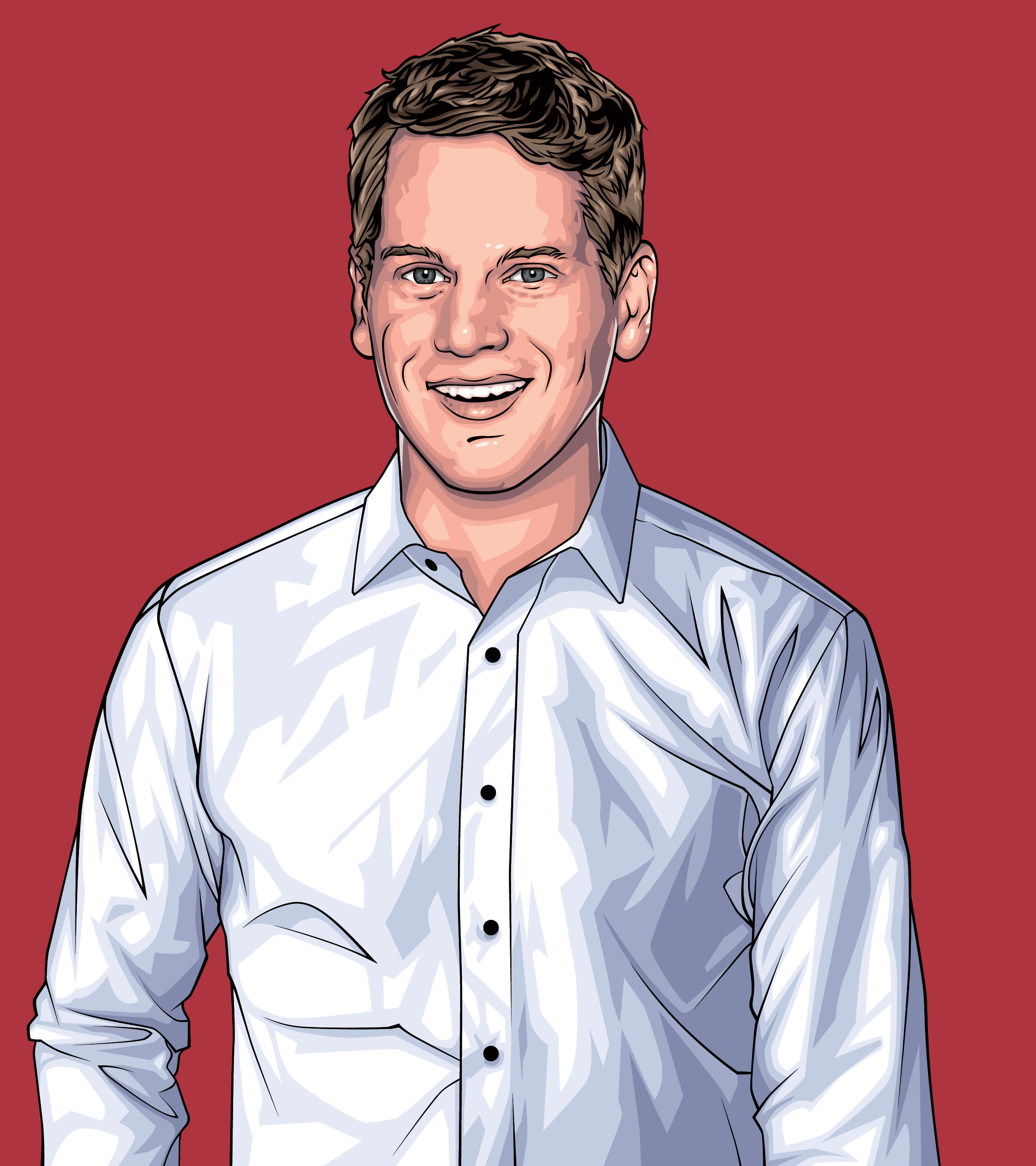What first attracted you to this story?
I was interested in chronicling a hinge moment in American history, when technology was creating a massive cultural and social shift. And there is something so beautiful about the idea of the night sky being lit up for the first time. People who were alive then write about seeing electricity as if they were seeing a new color. The effect was shocking, literally and figuratively.
In fact, your book does open with a literal shock — a man is electrocuted in the middle of a New York City street. Why did you decide to start with that graphic image?
That scene was based on real events, and I thought that it illustrated what it was like to live in that time. Electricity was exciting, but it was also terrifying. People didn’t know if children or pregnant women should even be allowed near electric lights. It was a massive challenge for these scientists to translate their ideas such that the public would grasp and embrace them. There are so many parallels to how people would react to computers and cellular technology a century later.
You won an Oscar for your screenplay for The Imitation Game, about another scientist: mathematician Alan Turing, a World War II codebreaker who is considered the father of computer science. But you never seriously studied science. What fascinates you about these figures?
When I was a kid, my grandfather took me on a tour of Bell Laboratories. I was really moved by seeing the scientists at work. I had always put inventors on a pedestal, but for the first time I realized that they were flawed human beings. They had passion, but they also had jobs to do, and sometimes they disagreed. I realized that real technological progress is not just about one person’s idea. Turing wouldn’t have admitted it, but he needed his team to be successful. In the case of the light bulb, Edison was the famous scientific genius, but George Westinghouse was the one integrating and mass-producing everything. They needed each other in certain ways. Those types of relationships intrigue me.
You gave an inspiring Oscar acceptance speech, which garnered a lot of attention, encouraging people to celebrate what makes them weird or different. Does that message manifest itself in this book as well?
I think it most directly applies to my portrayal of Nikola Tesla, who also becomes a central figure in the case. To describe Tesla as an eccentric is to put it mildly. It is widely thought that modern doctors would diagnose him as a schizophrenic. Tesla didn’t have his name in the papers; he never became a celebrity like Edison; he wasn’t a huge corporate innovator like Westinghouse; and he couldn’t quite play nicely with either of them. He died penniless and not very well known. I wanted to write about him because, like Turing, he was a singular genius who needed other people to bring his ideas to fruition.
Why did you choose Paul Cravath 1886LAW — George Westinghouse’s lawyer — as your narrator, rather than one of the scientists?
I was trying to figure out who I wanted as my protagonist — Edison, Westinghouse, or Tesla — when I saw Cravath’s name in the legal records. In some ways, he was also a prodigy; a century after his first case, his name is still on one of New York’s most prominent law firms. But when he took the case, he was just twenty-six years old, two years out of Columbia Law School. He also came from a fascinating family — his father was a white man who founded Fisk University, one of the first colleges primarily for African-Americans. There are no biographies of Cravath, and his story was compelling. I also liked the idea of telling the story from a layman’s perspective, which allowed me to explain some of the science in a way that I didn’t think any of the scientists would have been able to do. And finally, I identified most with Cravath — a youngish non-scientist working to understand the minds of these unusual geniuses.



